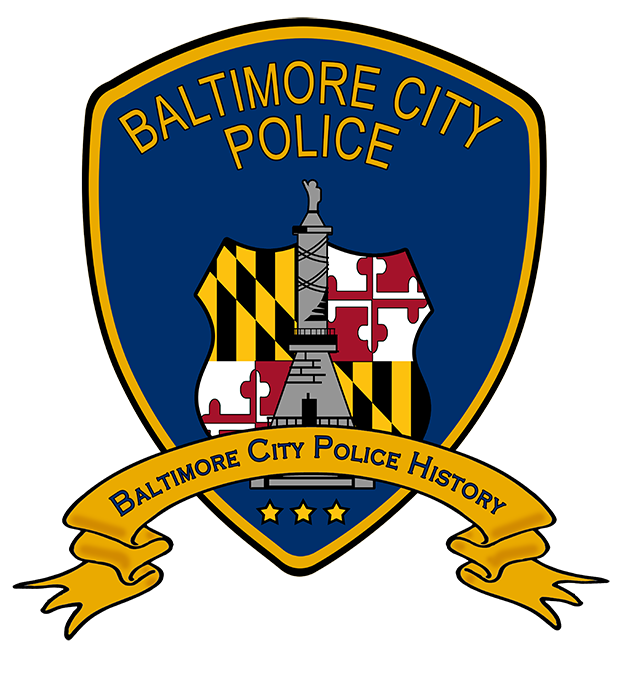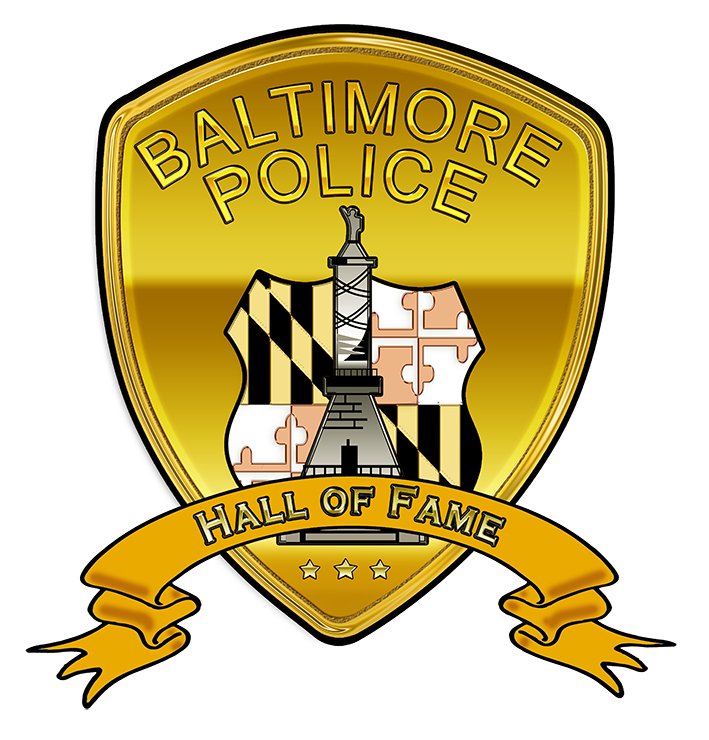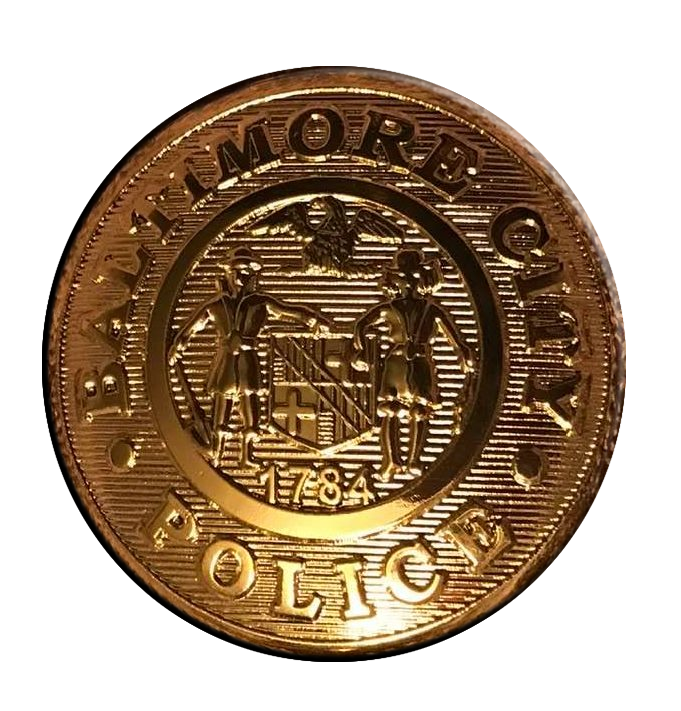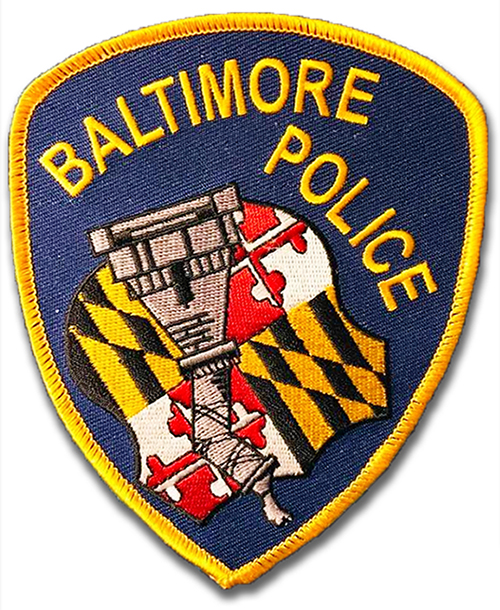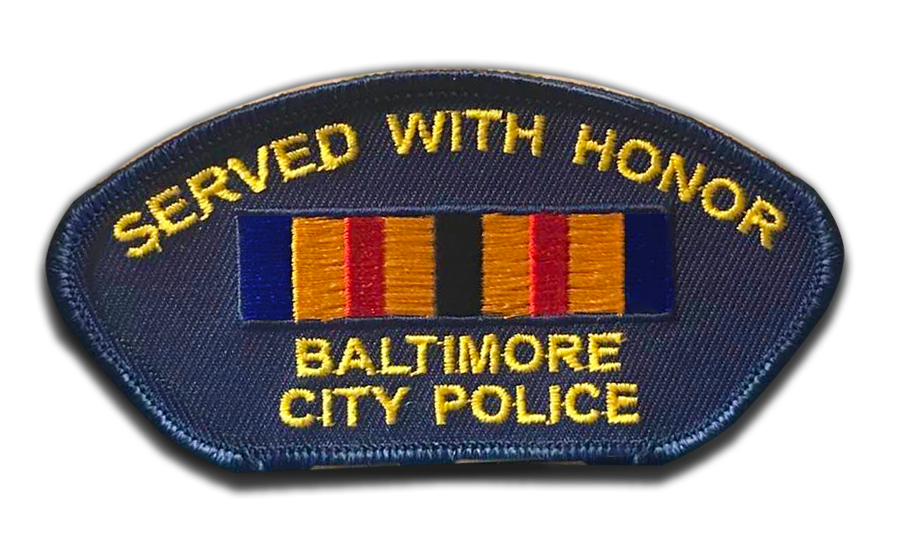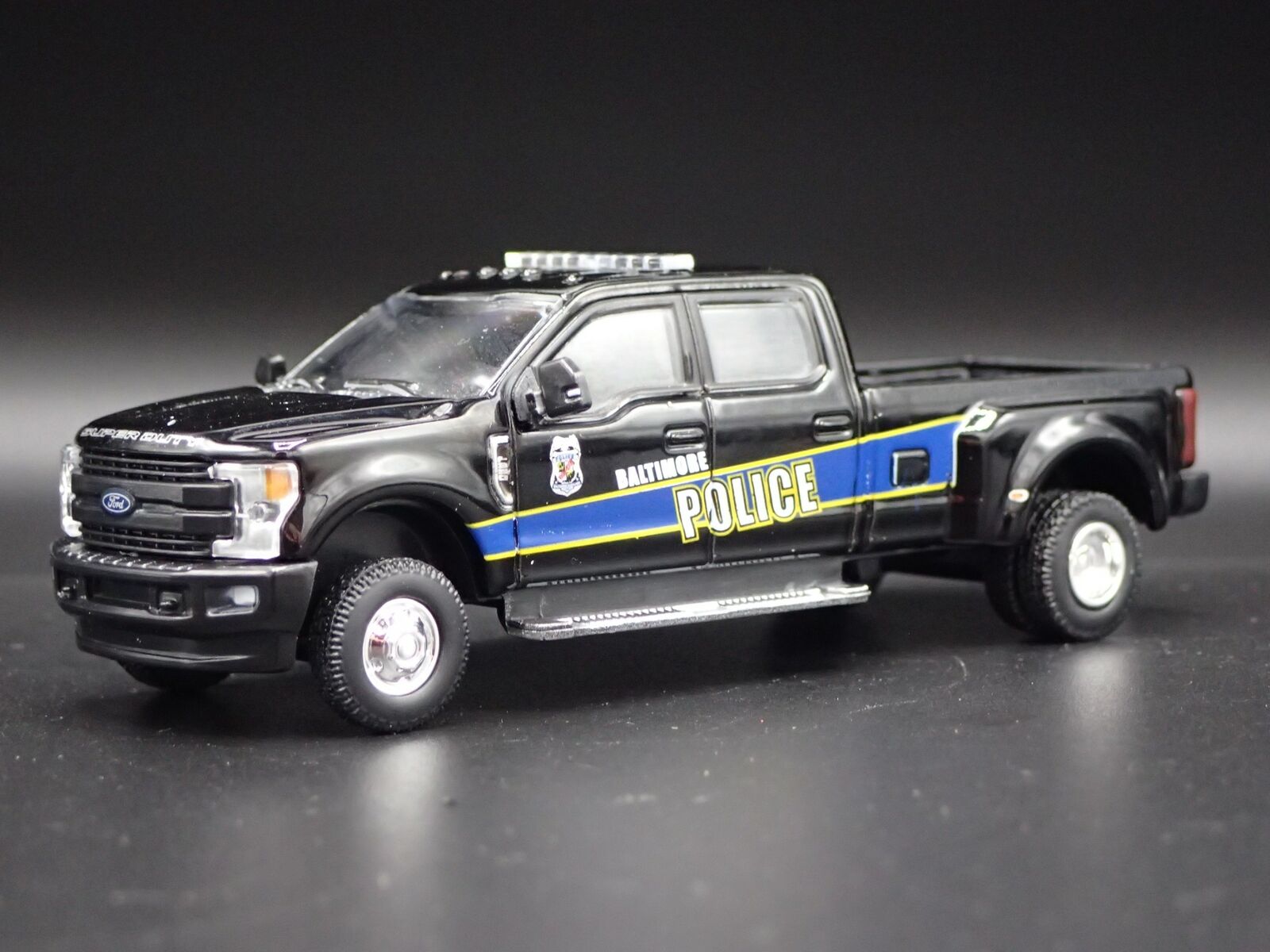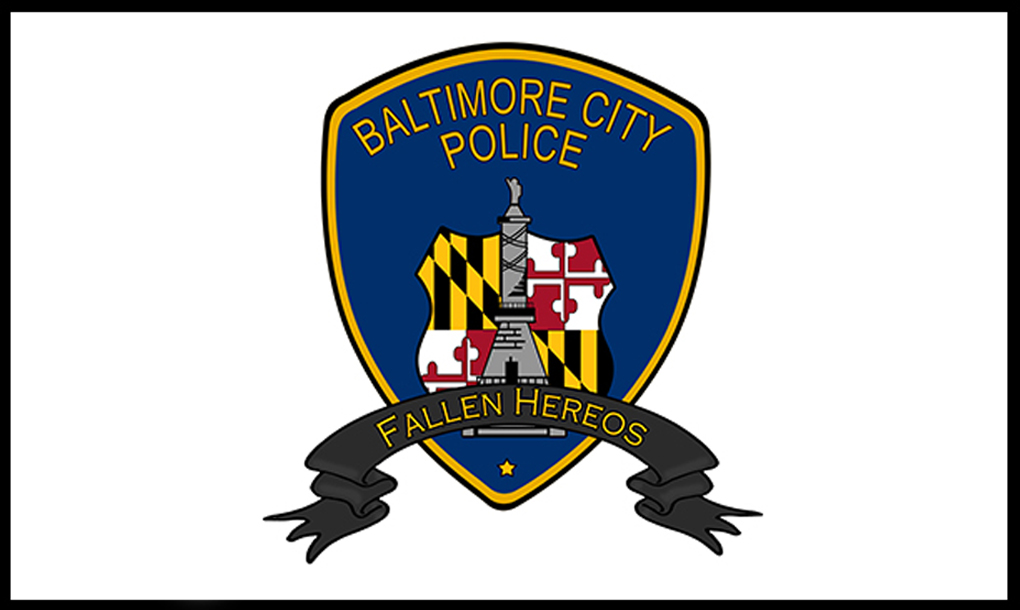 Policeman Michael Neary
Policeman Michael Neary
CLICK HERE FOR AUDIO
On this day in Baltimore Police History, June 20, 1894, we lost our brothers, Policeman Michael Neary and Policeman James T. Dunn of the Central District. They were both instantly killed at 8:25 p.m. on the bridge connecting Chase and Eager Streets when a locomotive of the Northern Central Railway struck them.
Policeman Neary’s head was severed from his body, and the two parts were picked up separately. Policeman Dunn was hit on the right side of the head. His skull was fractured in several places, and his body was knocked from the railroad bridge into Jones’s Falls. The two bodies were recovered immediately after the accident by Captain Frank Toner of the Central District. They were carried into Calvert Station on a private car furnished by the railway company, and from there, they were taken to the City Hospital.
The accident occurred while the policemen were attempting to arrest a number of boys who were bathing in Jones’s Falls. Boys have been accustomed to taking off their clothes and getting into the waters of the Falls at this point almost daily. Their antics in the water caused many of the people who live in the neighborhood to become indignant. A complaint was made to the police, and an effort was being made to break up the practice.
About an hour and a half before the accident happened, Policeman Dunn had arrested one boy and sent him to the station house. Returning to his beat, he saw other boys in the water and set about capturing them. Policeman Neary was off duty at the time and at his home on Guilford Avenue in a citizen’s dress. Appreciating the difficulty that Dunn would have in arresting the boys or restraining them if caught, he put on his coat and went to Dunn’s assistance.
The two officers crossed to the east side of the Chase Street bridge and descended the high bank to the railroad tracks. They walked over the railroad, and as they got close, the boys called to them to come out of the water. Captain Toner was an interested spectator of the scene and remained to see how the officers would capture the boys. A large crowd had also collected on the street above. Two of the boys voluntarily came out of the water toward the officers, and Captain Toner says that when he saw one boy in Dunn’s charge, he left the bridge and went up Guilford Avenue toward Biddle Street.
At that time, Neary and Dunn were going up the bank on the west side of the railroad bridge. This was the last the captain saw of his men alive. Soon afterward, a large crowd of people gathering on the Chase Street bridge hastened back to find out what the trouble was. Then he learned of the fatal accident. After getting up the bank, the policemen got on the bridge to walk over to the point where they could get out of the railroad yard onto Chase Street. The train that struck them was the Parkton accommodation, which had left Union Station on its way into Calvert Station. It is supposed that the policemen did not see or hear the train until it was too late for them to get out of the way. When the men saw the locomotive upon them, they made a desperate run for life. But it was too late. The fatal blow was struck at the north end of the railroad bridge.
Policeman Neary was born in Ireland. He came to Baltimore when he was sixteen years old. On October 15, 1877, he was appointed a policeman and patrolled the section between Exeter and Forrest Streets and from Gay to Monument Street. He was a member of A Division and was assigned to day duty. Officer Neary leaves a widow and nine children—six boys and three girls ranging from several months old to nineteen years old.
Policeman Dunn was six feet tall and weighed 220 pounds. He was thirty-four years old and was born in Long Green, Baltimore County. He was appointed a probationary patrolman on December 18, 1890, and was promoted to the regular force on May 5, 1891. He was married nearly three years ago and had a baby boy who was six months old.
We, his brothers and sisters in the Baltimore Police Department, will never forget them despite their passing. RIP brothers, and God bless.

